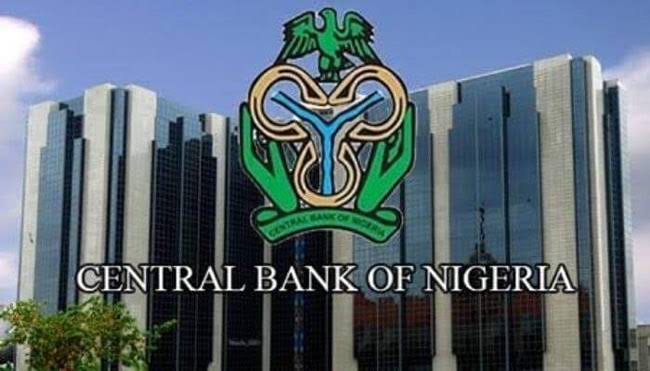The Nigerian government has decided to temporarily halt the enforcement of a contentious regulatory framework introduced by the Financial Reporting Council of Nigeria (FRCN). The move comes in response to growing concerns from the private sector and aims to rebuild investor confidence.
Government’s Position: A ‘Pause,’ Not a Suspension
Minister of Industry, Trade, and Investment, Jumoke Oduwole, announced the decision on Wednesday, clarifying that this is not a suspension but an administrative pause to allow for further review. She emphasized that suspending the regulation outright would conflict with existing legislation passed by the National Assembly.
“This is not a suspension; this is a pause,” she told stakeholders during a meeting. “A suspension would contravene legislation duly passed by the National Assembly. A pause is an administrative step to reassess the framework in light of today’s discussions.”
She further stated that President Bola Tinubu had been fully briefed and approved the formation of a technical working group to conduct a thorough review and report back within 60 days.
Backlash Over New Levies
The controversy stems from amendments to Section 33(1)(c) of the FRCN Act, which requires publicly listed companies to pay 0.002% of their market capitalization or ₦25 million—whichever is lower—as annual dues. Previously, only publicly quoted firms were affected, but the new amendments extend the levy to large private companies, concessionaires, and privatized entities.
The Manufacturers Association of Nigeria (MAN) has been at the forefront of opposition, arguing that the revised levy framework places an excessive financial burden on businesses already struggling with inflation, currency devaluation, and reduced consumer spending.
“For publicly quoted companies, the maximum payment was ₦1 million per year. Now, it’s ₦25 million. Worse still, non-listed companies, which were previously exempt, now have no payment cap—it’s linked to turnover, regardless of profitability,” said MAN’s Director General, Segun Ajayi-Kadir.
Stakeholder Engagement and Next Steps
To address these concerns, the Ministry of Industry, Trade, and Investment will establish a technical working group with representatives from the private sector, the FRCN, and the Presidential Tax Reform Committee. Their goal is to reassess the levy framework and propose a balanced approach.
The minister assured stakeholders that the review process would be transparent and aligned with global best practices. Any necessary adjustments would be presented to the president and, if required, forwarded to the National Assembly for legislative consideration.
During the consultation, representatives from key industry bodies—including the Nigerian Employers’ Consultative Association (NECA), the Nigerian Association of Chambers of Commerce, Industry, Mines, and Agriculture (NACCIMA), and the Association of Licensed Telecommunications Operators of Nigeria (ALTON)—voiced their concerns. They warned that imposing additional financial obligations on businesses in the current economic climate could deter investment and reduce competitiveness.
FRCN’s Defense of the Regulation
Despite the widespread opposition, FRCN Executive Secretary Rabiu Olowo defended the new regulatory fees, arguing that they are essential for effective oversight. He pointed out that similar levies exist in other countries and questioned why Nigerian businesses were resisting them.
“These same businesses pay regulatory fees in the US and UK without issue. Why is it unacceptable here?” he asked.
Olowo insisted that the goal is not to burden businesses but to ensure a sustainable regulatory environment. “A well-functioning regulator is in the long-term interest of businesses,” he added.
Conclusion
While the implementation of the new levy framework has been paused, the debate is far from over. The next 60 days will be crucial in determining whether adjustments will be made or if the government will push forward with the regulation in its current form. With businesses and regulators at odds, the outcome of this review will significantly impact Nigeria’s business climate.








Leave a Reply